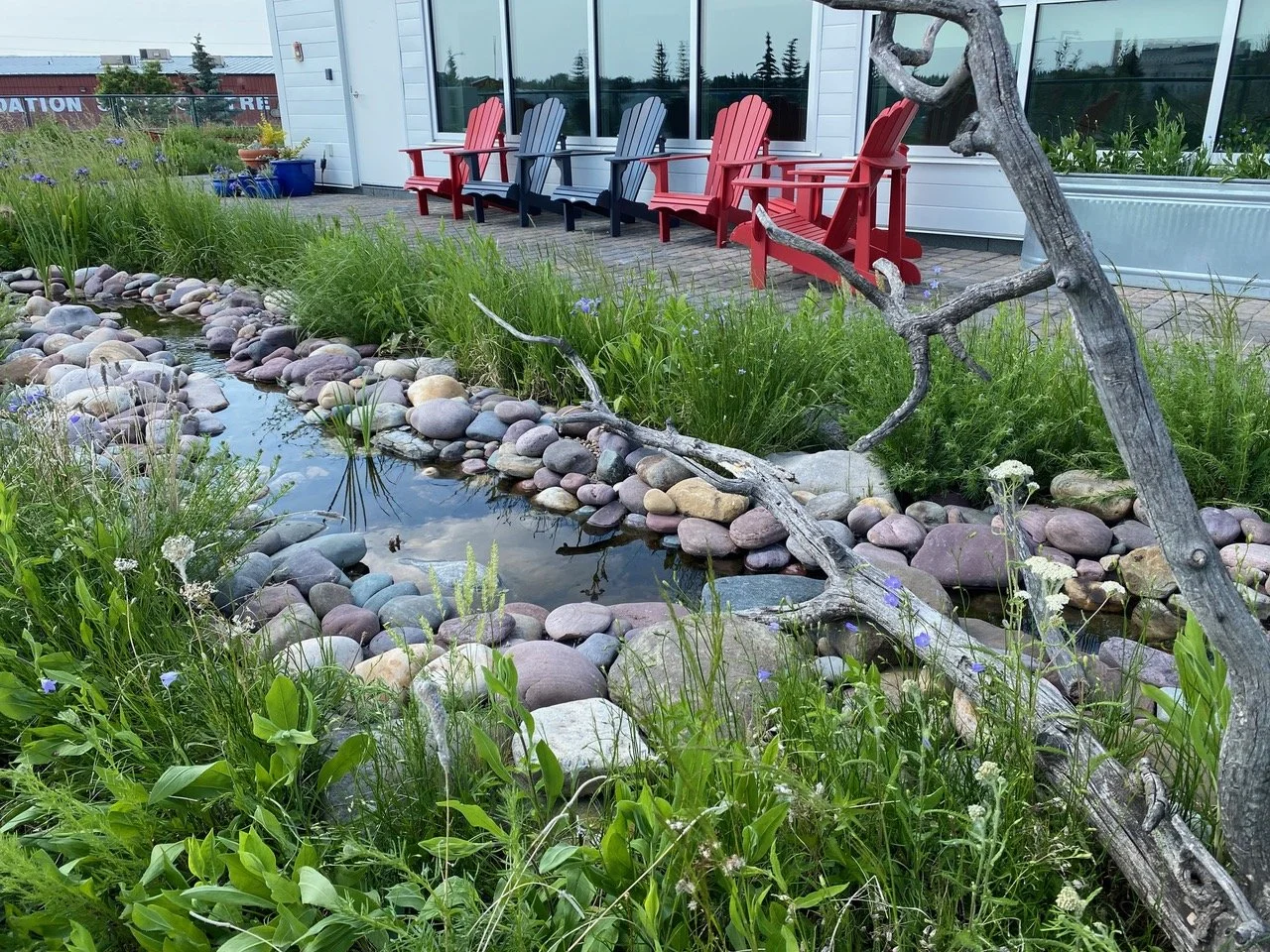Weather to the Extreme: Can You Survive it?
Sourced from Food Engineering
In the last few years, it seems that hurricanes, tornadoes and resultant flooding have become stronger and stronger. Maybe chalk it up to a warming planet, which amplifies the power of these storms. “Five-hundred-year storms,” have become 100-year storms—or sometimes they seem more like annual catastrophes, especially in, “tornado alley.” As if that weren’t enough, severe electrical storms could just as easily shut you down if you’re not adequately protected.
In 2018, a tornado struck the Marshalltown, Iowa area, causing damage to the JBS pork processing facility. While most of the damage was in the distribution area (rail cars and truck trailers severely damaged), the processing area was apparently still operational. The plant, which processes about 20,000 hogs per day, had to be shut down until damages could be estimated and repairs made primarily to the distribution area. The storm damage meant that the animals to be processed would have to be rerouted temporarily to other facilities. Fortunately, no one at the plant was injured.
Severe thunderstorms and heavy rains came through southwestern Michigan on June 13, 2022, resulting in high winds, hail, power outages and flood damage throughout the area. These torrential storms produced significant rainfall in a short period of time—overwhelming the city’s stormwater system in Sturgis, and resulting in flooding in parts of the city, including areas of Abbott’s baby formula plant.
According to an Abbott statement, Abbott’s facility had reopened its Sturgis, Mich. plant on June 4, 2022, after a voluntary recall had closed the operation in February, but less than two weeks later had to shut down production due to severe thunderstorms causing flooding inside the facility.
As a result of the flood damage, Abbott stopped production of its EleCare specialty formula, which was underway at the time, to assess damage caused by the storm and clean and re-sanitize the plant. The company took time to clean up, and then with the help of a third-party auditor, ensured the plant was safe to resume production. According to an Abbott announcement dated August 26, 2022, the plant has reopened and restarted production of Similac.
“Don’t Build On the Flood Plain…”
Longstanding advice, but in some cases, what areas weren’t flood plains a few decades ago may now be—due to climate changes. In some cases, older food plants have necessarily been located near creeks and rivers (hopefully a safe distance away and above flood stage levels)—either as a source of water or for disposing of wastewater. But what can be done to prevent the ingress of water from these sources during excessive rain?




